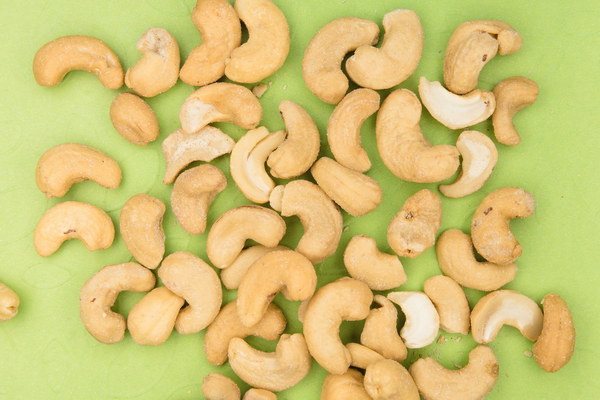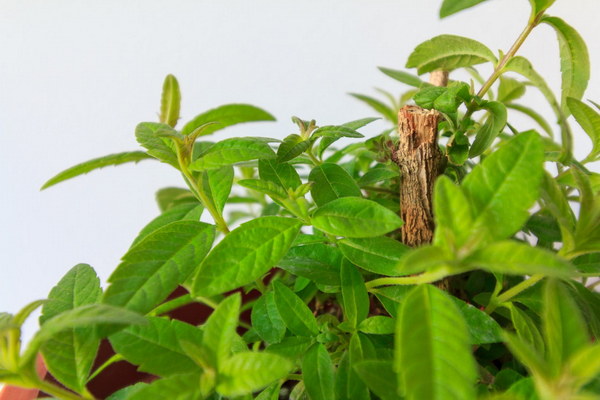Top Herbal Remedies for Nourishing the Kidneys and Liver What to Take for Optimal Health
In the realm of traditional medicine, the kidneys and liver play vital roles in maintaining overall health. These organs are responsible for filtering blood, detoxifying the body, and producing essential hormones. When they are not functioning optimally, it can lead to a range of health issues. To support kidney and liver health, there are several herbal remedies that have been used for centuries. In this article, we'll explore the top herbal remedies for nourishing the kidneys and liver and discuss what to take for optimal health.
1. Milk Thistle (Silymarin)
Milk thistle is one of the most well-known herbs for liver health. Its active ingredient, silymarin, is a powerful antioxidant that protects the liver cells from damage caused by toxins and free radicals. It's commonly used to treat liver conditions such as hepatitis, cirrhosis, and jaundice.
How to take it:
- Milk thistle supplements are available in capsule form. The recommended dosage is typically 200-400 mg of silymarin per day.
2. Dandelion Root
Dandelion root is another excellent herb for liver support. It's rich in antioxidants, vitamins, and minerals that help to purify the blood and stimulate the liver's production of bile, which aids in digestion.
How to take it:
- Dandelion root can be taken as a tea, tincture, or in supplement form. For tea, use one to two teaspoons of dried root per cup of boiling water. For supplements, follow the dosage instructions on the product label.
3. Turmeric
Turmeric, known for its vibrant yellow color, contains a compound called curcumin, which has anti-inflammatory properties. It supports liver health by helping to regenerate liver cells and improve bile flow.

How to take it:
- Turmeric can be consumed in the form of a spice in cooking, added to smoothies, or taken as a supplement. For supplements, a typical dosage is 400-600 mg of curcumin per day.
4. Artichoke Leaf
Artichoke leaf has been used for centuries to support liver function. It contains cynarin, a substance that stimulates the liver and gallbladder, aiding in the digestion of fats and the excretion of toxins.
How to take it:
- Artichoke leaf is often available in capsule form. The usual dosage is 500-600 mg per day.
5. Licorice Root
Licorice root is a well-regarded herb for both kidney and liver health. It's believed to have anti-inflammatory and immune-boosting properties that can help protect the liver from damage and support kidney function.
How to take it:
- Licorice root is available as a tea, tincture, or in supplement form. For tea, use one to two teaspoons of dried root per cup of boiling water. The recommended dosage for supplements is usually 250-500 mg per day.
6. Burdock Root
Burdock root is a powerful detoxifier that supports both the liver and kidneys. It helps to remove excess fluids and waste from the body, which can help reduce the workload on these organs.
How to take it:
- Burdock root can be consumed as a tea or in supplement form. For tea, use one to two teaspoons of dried root per cup of boiling water. The dosage for supplements is typically 250-500 mg per day.
7. Astragalus
Astragalus is an adaptogenic herb that can help support the immune system and improve overall health. It's believed to have liver-protective properties and may aid in kidney function.
How to take it:
- Astragalus is available in capsule or powder form. The usual dosage is 500-1000 mg per day.
Conclusion
Incorporating these herbal remedies into your daily routine can provide significant benefits for kidney and liver health. However, it's important to consult with a healthcare professional before starting any new supplement regimen, especially if you have existing health conditions or are taking other medications. Remember, while herbs can support organ health, they should be used as part of a holistic approach to well-being that includes a balanced diet, regular exercise, and stress management.









